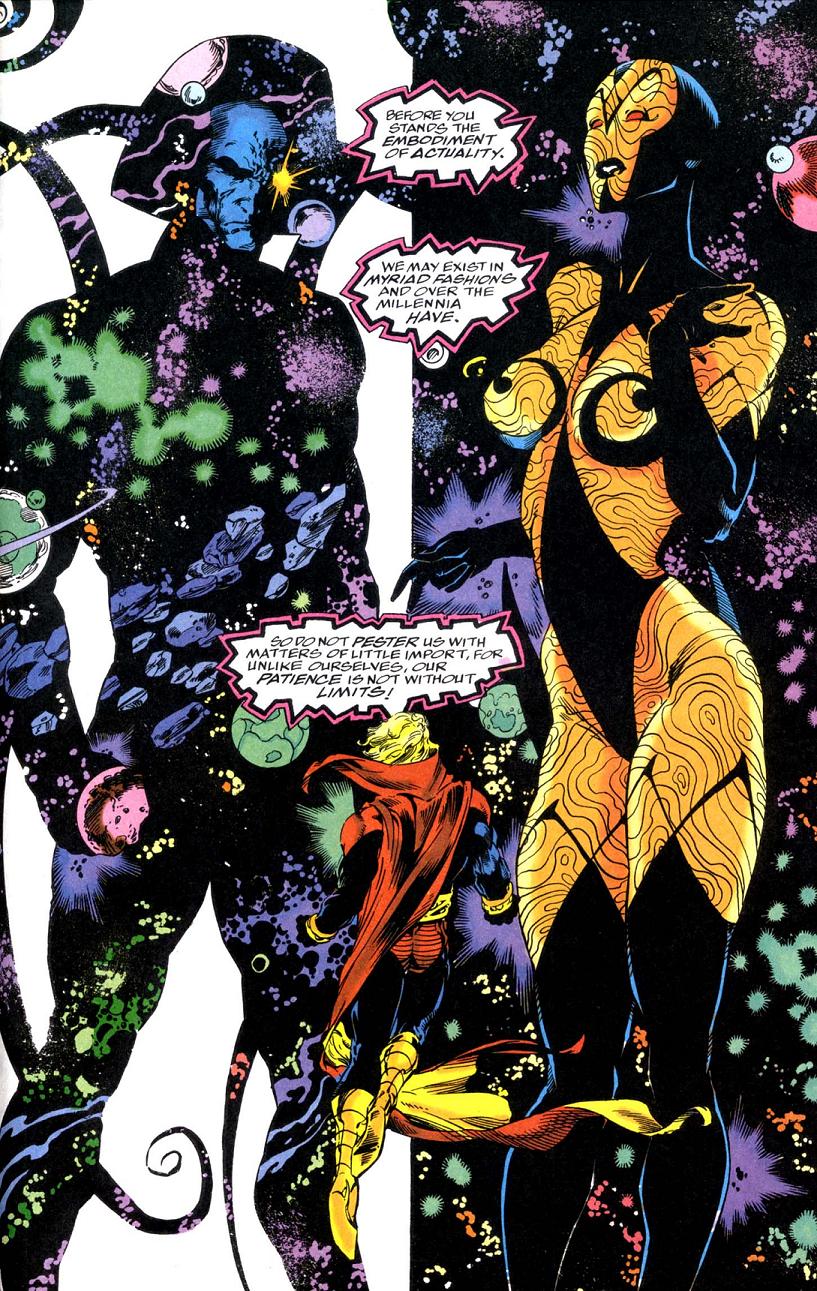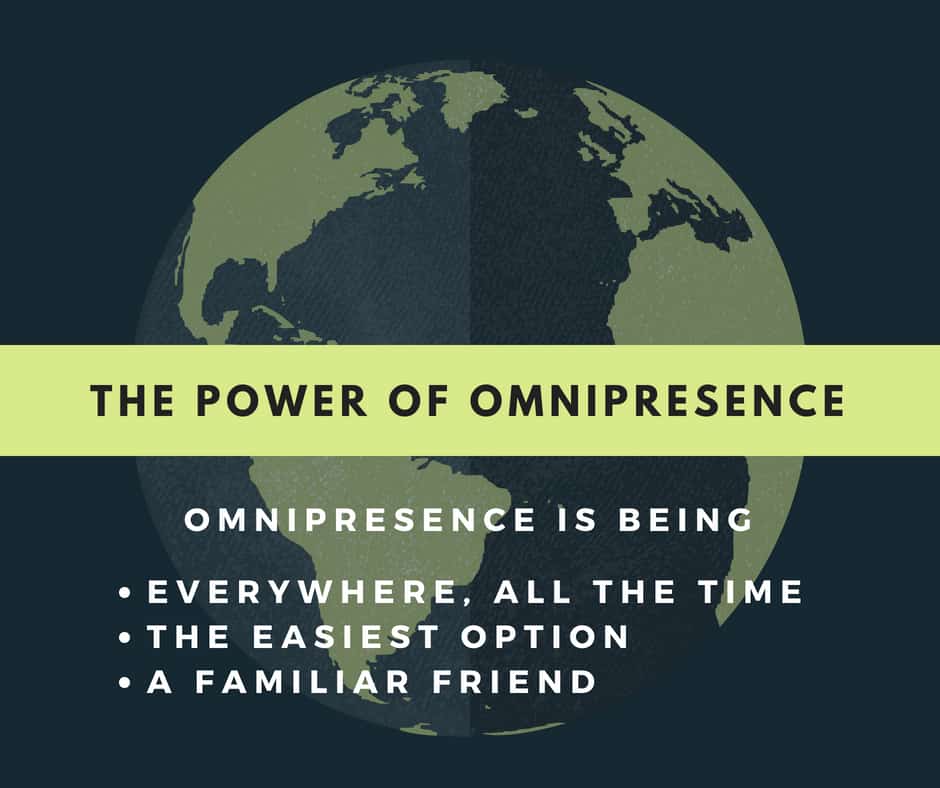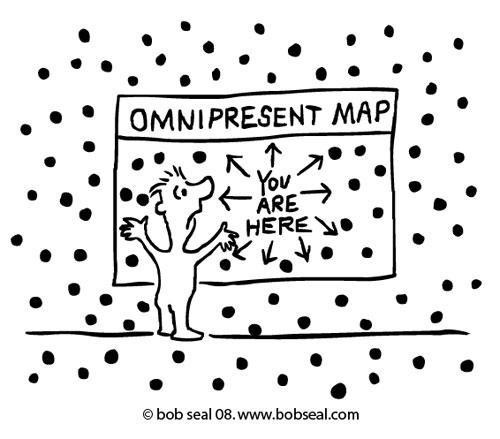
However, it should be remembered that the point is that nothing external to the omnipotent can constrain it, so that the only thing as great as it, is itself. In fact, this makes sense from the semantics of the word. You may think that if the omnipotent is restricted or conditioned to something external to it, it invalidates its omnipotence. In his book The Problem os Pain he took a vision similar to that of Thomas Aquinas about the divine omnipotence. Lewis is best known for his work The Chronicles of Narnia. Thomas explains shortly.Īdditionally, the writer Clive Staples Lewis also wrote about omnipotence. However, the logical impossible can not be put into power, and consequently can not be done, as St. In other words, it would be possible for God to do anything, including the humanly impossible, as previously said. It is recommended that you read about the Possible World concept, proposed by Gottfried Leibniz. The reference is to beings who don't fit into any possible world, such as a triangle whose hypotenuse is greater than the sum of the legs, or anything that violates the principles of classical logic such as noncontradiction. It is impossible for us to practice levitation, for example, but it is not to that kind of impossible that Aquinas refers, for this kind of possibility is not a logical impossibility. Thomas Aquinas affirms that God's omnipotence is based on the realization of acts in the absolute possible, but this does not include absolute impossibility.įirst of all, Aquinas here didn't refer to the possible and impossible in the common sense, but to the metaphysical possible and impossible.

The concern of the scholastics, before classifying power, is to make sense. As nothing is the absence of being, the everything has nothing included and therefore being able to do "everything" does not include the realization of contradictions. Proponents of this position argue that just as contradictions can never be part of reality, they can not be considered entities - they are literally nothing. Thomas Aquinas is known for his gigantic work Summa Theologiæ, in which he made various objections to God, and answered all of them.Ĭonsidering also the classical view of omnipotence, they argues that God could accomplish only what is logically possible, thus not violating the principles of classical logic. One of his most notable supporters was the friar, philosopher and theologian Thomas Aquinas, considered one of the fathers of the Catholic church and one of the greatest theologians of all time. The scholastic omnipotence is "logical" omnipotence, which is most defended in theology. The following will go into a little more detail on each side. The best known of such is the paradox of stone.įrom this point of view, various aspects have emerged in the attempt to invalidate such paradoxes or point out other definitions for omnipotence, the main and most defended of these views being the scholastic side presented by Thomas Aquinas in his compiled Summa Theologiæ.

Since the advent of classical atheism, several paradoxes have been developed, pointing to the presence of logical inconsistencies – contradictions – in this attribute, many of them concluding that it is impossible for real omnipotence to exist. The main religions whose God is omnipotent are the Abrahamic religions. This divine quality would be the possibility of having in itself the ability to do all things. Omnipotence is from the beginnings of monotheism, an incommunicable attribute of God, usually accompanied by other attributes – Omniscience and Omnipresence.



 0 kommentar(er)
0 kommentar(er)
